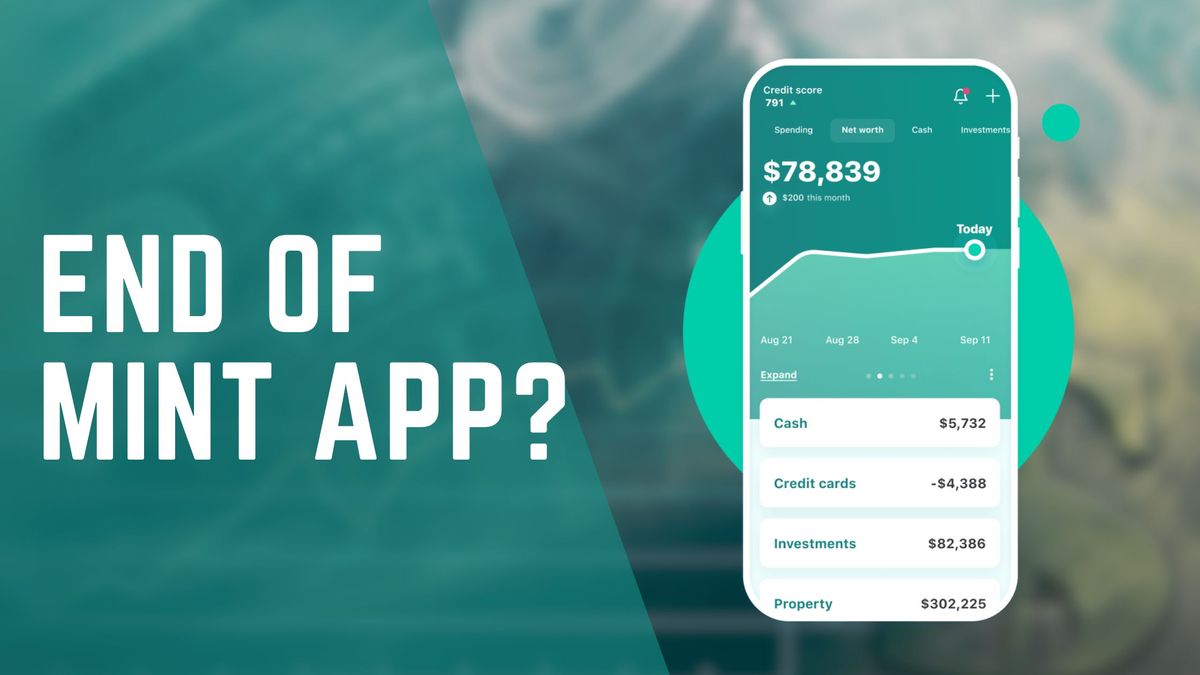The End of Mint: Why Intuit is Shutting Down Its Popular Budgeting App
The millions of users who depend on Mint to manage your spending, bills, and budget, you might have a harsh realization. The company that owns Mint, Intuit, has declared that it will move its users to Credit Karma, its other service, and close the app .

Should you be among the millions of users who depend on Mint to manage your spending, bills, and budget, you might have a harsh realization. The company that owns Mint, Intuit, has declared that it will move its users to Credit Karma, its other service, and close the app on January 1, 2024.
To facilitate simple and universal access to personal finance, Mint was first released in 2006 as a free web application for personal finance. Its robust features, easy-to-use interface, and integration with thousands of financial institutions helped it quickly become well-known. For $170 million, Intuit purchased Mint in 2009, intending to improve its products, including TurboTax and Quicken, by utilizing Mint's user base and technological capabilities.
But as time has passed, Mint has had more competition from other apps like YNAB, Personal Capital, and Clarity Money that provide comparable or even more functionality. In addition, Mint has drawn flak for its old-fashioned design, frequent bugs, lack of innovation, and subpar customer support. Bloomberg reports that Mint had 3.6 million active monthly users in 2021, but Intuit did not consider its revenue significant.
Concurrently, Intuit paid $7.1 billion to acquire Credit Karma in 2020, making it one of the most significant transactions in the fintech sector. Over 100 million users in the US and Canada can access free credit scores, reports, monitoring, and guidance on the Credit Karma platform. Access to various financial services and products, including credit cards, loans, savings accounts, and tax filing, is also offered.
Credit Karma is a strategic fit for Intuit's vision to become an AI-driven platform that helps small businesses and consumers get better financial outcomes. Intuit intends to provide its clients with tailored and valuable insights by merging the information and powers of Credit Karma with its offerings.
Intuit has moved Mint's features and user base to Credit Karma as part of this integration. In a blog post, Mint stated that "Credit Karma is thrilled to invite all Minters to continue their financial journey on Credit Karma, where they will have access to Credit Karma's suite of features, products, tools, and services, including some of Mint's most popular features."
On Credit Karma, though, not every Mint feature will be accessible. For example, one of Mint's primary features—the ability to set monthly and category budgets—is not available with Credit Karma. Instead, Credit Karma says it can assist users in "building awareness" of their spending patterns and habits.
Before January 1, 2024, Mint users who log into Credit Karma through the Mint app can transfer their accounts. They won't be able to access their Mint profiles or data after that date. If they would not move to Credit Karma, they can download or remove their Mint data instead.
Users' reactions to the news of Mint's shutdown have been erratic. The demise of their preferred budgeting app and the absence of a suitable substitute have left some people angry and dissatisfied. Others are excited to use Credit Karma's features and are neutral or upbeat about the change.



